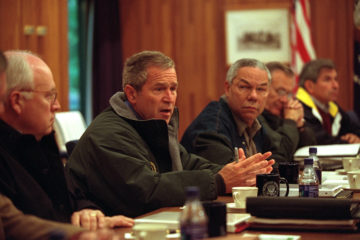
War and the Ballot Box: What the Iraq War Tells Us About Military Escalation in an Election Year
U.S. presidents have powerful political incentives to think twice before escalating a conflict in the lead-up to an election. Recent events in the Gulf suggest that President Trump is no exception when it comes to avoiding the commitment of “boots on the ground” in an election year. As both commander-in-chief and holder of the highest elected office, presidents must carefully weigh the political consequences of any decision regarding military strategy. Since voters tend to bear the brunt of the human and financial costs of war, decisions to send additional U.S. forces into combat are often fraught with risk of consequent reprisal at the ballot box. In my recent article in International Security, I explore how these electoral pressures affected decision-making during the Iraq War. …
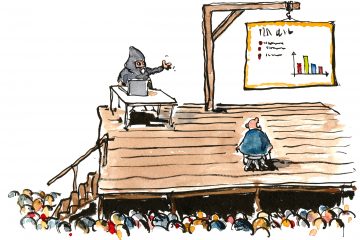
Bizarre, strange or last straw? Slideshows in International Relations
Last week, Israeli Prime Minister Benjamin Netanyahu made headlines with his PowerPoint presentation on Iran’s nuclear program. Media outlets talked of a ‘bizarre PowerPoint’, a ‘strange slideshow’ and deemed it unnecessary for Netanyahu ‘to convince us that you don’t support the Iran nuclear deal’. The slideshow quickly became a twitter meme. What these reactions made me recall is how rare it is for heads of state or government officials to use PowerPoint slides, or any type of visualizations, to convey and illustrate information of international concern to the public. While PowerPoint is a medium of debatable value, nonetheless, we all use it frequently to present complex information. It is the default medium in business and academia, but it is not …
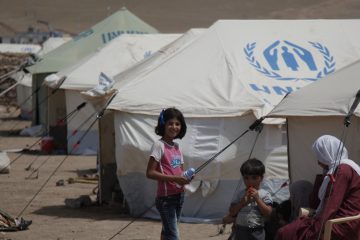
How humanitarian crises increase the vulnerability of persons with disabilities
The World Health Organisation (WHO) estimates that 15 percent of the global population (or over 1 billion people) have some form of disability. These figures can grow even larger due to natural disasters or conflicts, when more people are exposed to debilitating accidents or violence. Despite general awareness amongst different actors that persons with disabilities are more likely to become subject to a vast range of risks during humanitarian crises, few practical actions are usually taken to reduce these perils. Many actors do not comply with the recommendations from international agreements on ensuring the participation of persons with disabilities in programming, nor do they recruit technical experts on inclusion. With that in mind, this article discusses the exclusion of persons …
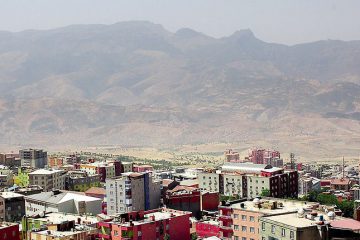
As IS territorial dominance diminishes, what challenges lie ahead for Iraq’s Kurds?
On the ninth of June, Haider al-Abadi, the Iraqi Prime Minister, arrived in Mosul to congratulate the armed forces for the liberation of the city. Mosul had been conquered by the so-called Islamic State in Iraq and Syria (ISIS) in 2014 and served as its Iraqi capital. This significant victory is not yet the end of ISIS in Iraq, however, both in Iraq and in Syria its territorial dominance has strongly diminished—by about 60 % since January 2015—and is likely to continue. The power vacuum emerging from this rapid decline has heated up competition between the numerous parties in the conflict—regular forces of regional states and great powers, as well as various militias often acting as their proxies—to control former …
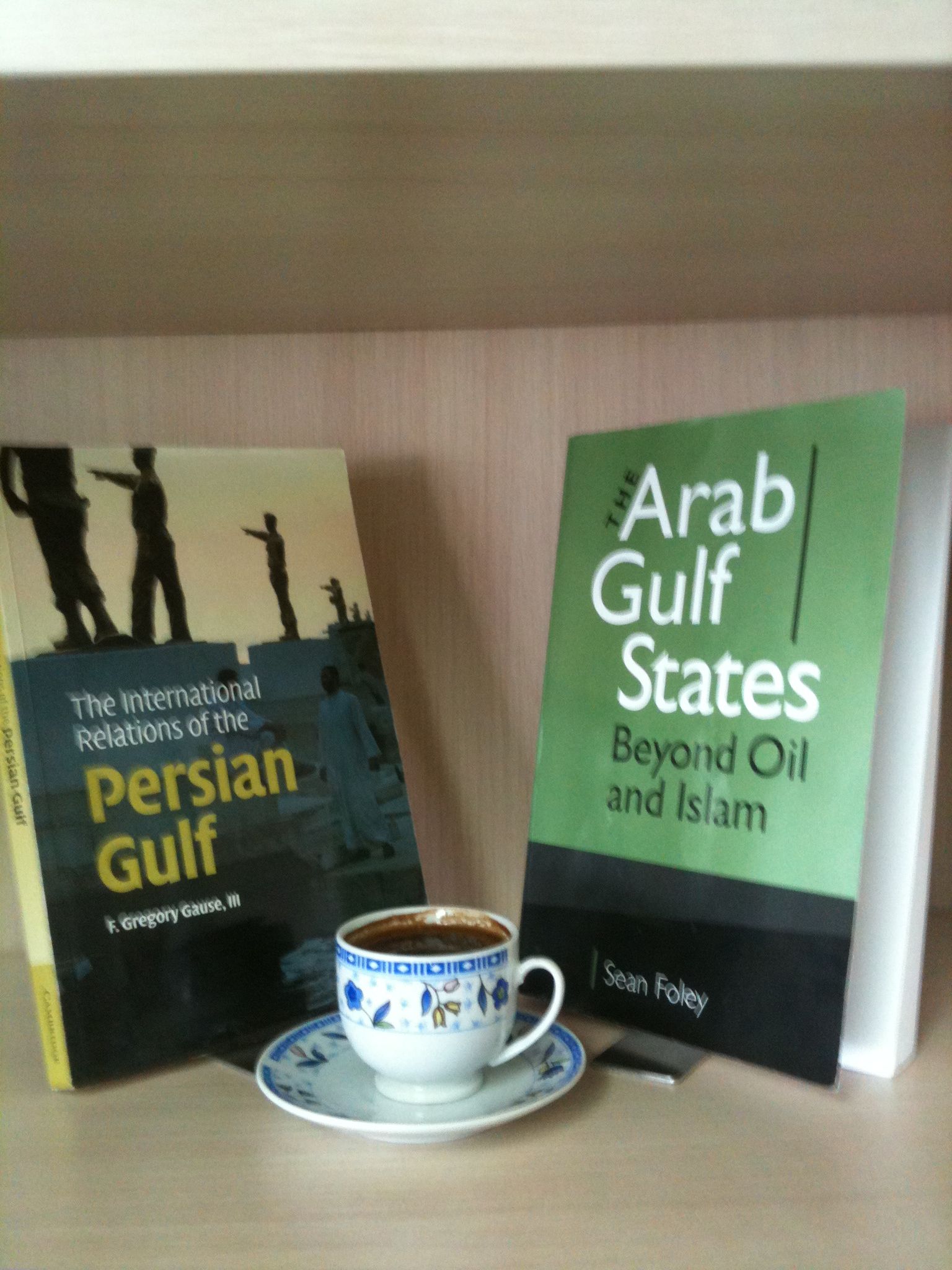
Reflections on the Gulf Studies
The Arab Gulf region is of great geopolitical importance owing to its oil and natural gas deposits. Ironically, the history and international relations of the region had, for several reasons, been quite neglected by the academic arena for decades. First and foremost, where political studies are concerned, this neglect had been linked with the development of the discipline itself and its debate in and toward non-Western states and societies specifically (see, e.g., Anderson 1987:1; Green 1993:517–518). Second, up until the late 1980s, studies on the Gulf region had been closely associated either with an examination of the Islamist role or with the Arab–Israeli conflict. Third, many orientalists and policy makers were more interested in examining the region to pursue their …
Talking with terrorists? A Q&A with Sir Graeme Lamb
Sir Graeme Lamb is not fond of theorising. However, the former Director of the UK Special Forces can claim to have played an important part in the initiative that pacified large parts of Iraq after 2006. Much of what he argued for is now part of the official US counterinsurgency strategy. But while it is easy for academics and other observers to demand that armed forces should ‘reach out’ to insurgents, there is precious little guidance on the practicalities of initiating a meaningful conversation with the people determined to bomb the foreigners out of their homeland. Lamb shared his insights as part of Emma Sky’s seminar series in Oxford on 25 October, jointly hosted by the Changing Character of War …
The Delegate and the Trustee
Tony Blair A Journey: My Political Life Knopf, 2010 720 Pages £35.00 ISBN 978-0307269836 “This shows what it’s like being Prime Minister. That’s exactly what the readers want to know. How does it feel to run a country? How does it feel to be so cut off? How does it feel to be so hated?” – ”The Ghost” This is the obvious checklist for a political memoir, a genre which still manages to be notoriously boring. Tony Blair’s A Journey, though, purposefully evokes a sense of unceasing contingency about the life of the 51st British prime minister. His thematically organized memoir is a folksy, well-paced, and at times cinematic rendering of a decade in office begun in exhilaration and finished …









